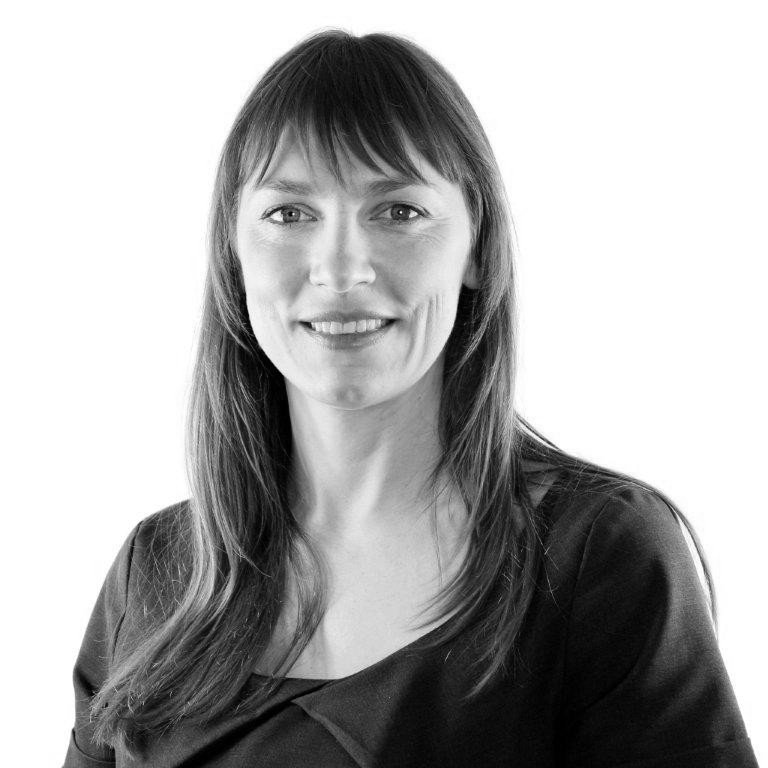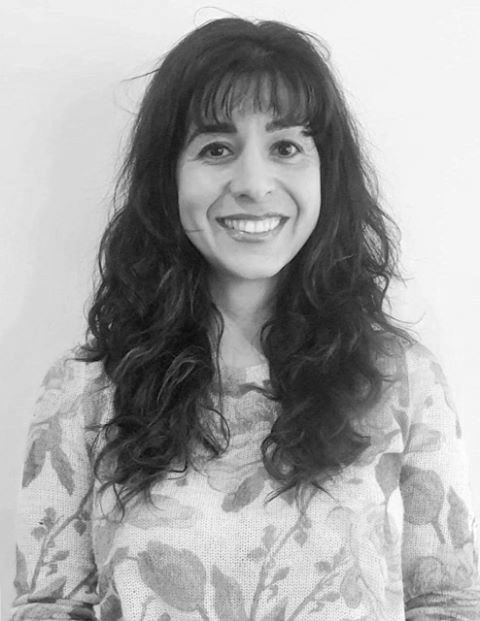Types of Therapy
Cognitive Behavioural Therapy

CBT is a group of therapies that have been thoroughly researched and practiced for over 30 years. It is has become more sophisticated over the years. CBT is sometimes supplemented with other therapies or medication.
What is Cognitive Behavioural Therapy?
‘Cognitive’ means thoughts, and ‘Behaviour’ means actions. The idea is that thoughts and actions contribute to emotional distress and the negative patterns we get into in everyday life. So Cognitive Behavioural Therapy means changing your thoughts and actions to relieve mental health symptoms, calm your body, improve wellbeing and improve self-esteem.
It is a very practical and strategy-based therapy. You will learn new ways of thinking and acting from your psychologist. We aim to develop skills and techniques to improve your feelings and actions in everyday life – now and through the future.
You and your psychologist may focus on changing unhelpful thoughts and beliefs, moving your attention to more helpful thoughts, improving coping styles, developing self-care skills, developing relaxation and stress-reduction skills, facing fears and learning helpful ways to react to stressful situations. This can help you feel more relaxed, cheerful, and less distressed in everyday life.
What Is CBT Used To Treat?
CBT has been found to be very effective for a broad range of issues. These include:
- Anxiety (of any kind)
- Depression
- Panic attacks
- Stress
- Anger
- Prenatal and Postnatal depression and anxiety
- Trauma
- Adjustment to stressful life events
- Eating problems and body image issues
- Pain
- Obsessions, compulsions and tics
- Perfectionism
- Low self-esteem
- Chronic health conditions
- Autism Spectrum Disorder
Who Is CBT Appropriate For?
CBT has been found to be very helpful for:
- Children (generally those over 8 years old)
- Adolescents
- Young adults
- Adults
- Older adults
Further information: Better Health Channel
Catalyst Psychologists using this therapy are:

Make an appointment
Ready to make an appointment, or have any questions? Call us on 0468 637 413 and we can help.






